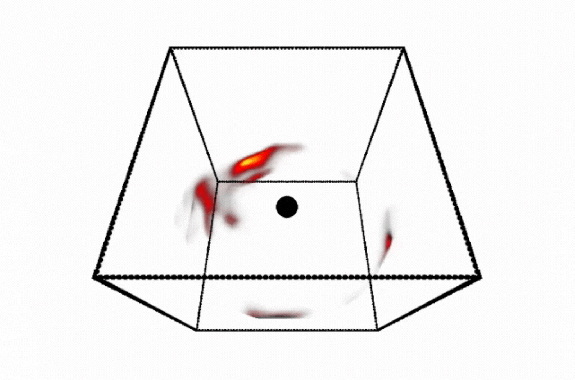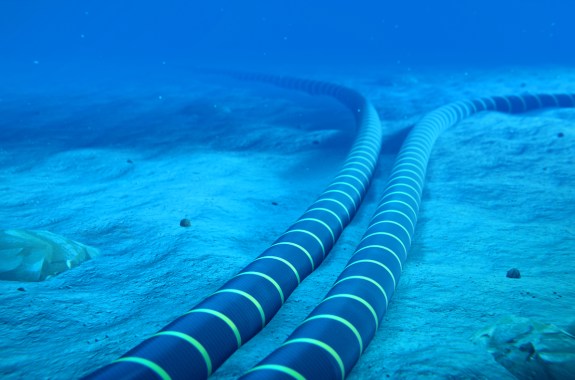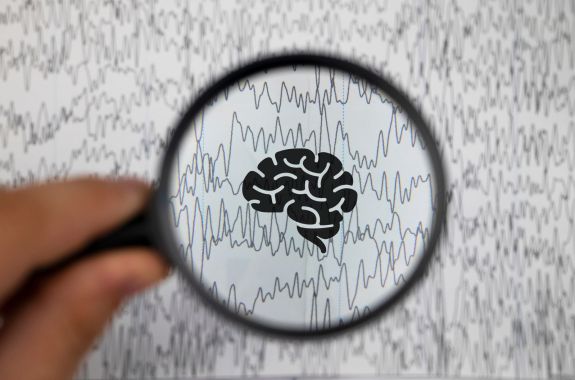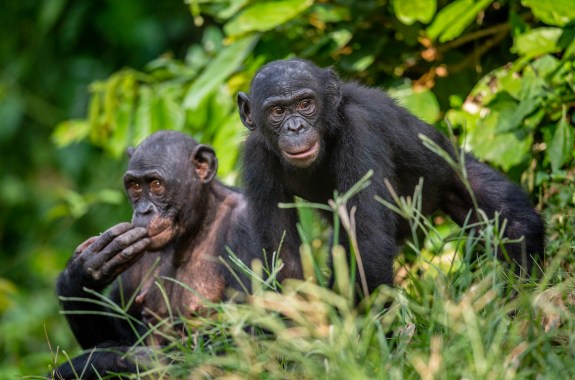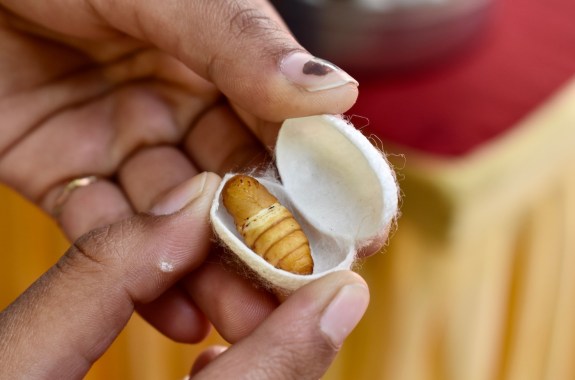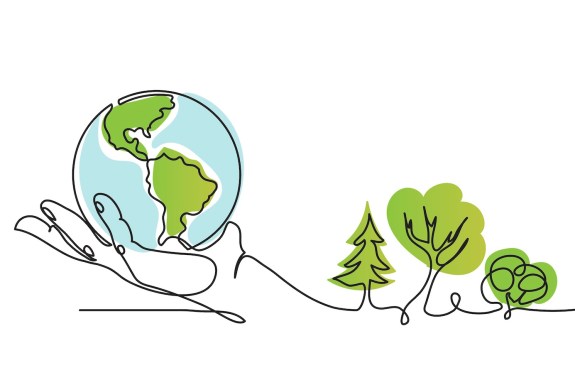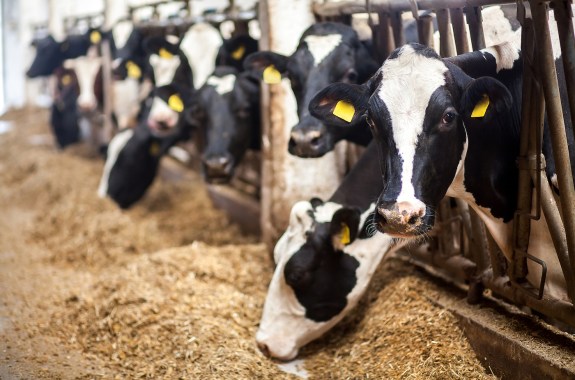12:01
10 Years Later, Flint’s Water Crisis Still Isn’t Over
While progress has been made, many residents say they still don’t know if their tap water is clean or not.
16:59
Visualizing A Black Hole’s Flares In 3D
Researchers are trying to develop a better picture of what’s happening in the regions closest to a black hole’s event horizon.
12:07
How Underwater Telecom Cables Could Help Detect Tsunamis
Scientists are adding sensors to an underwater cable network to monitor changes in the ocean and quickly detect earthquakes and tsunamis.
17:14
New Products Collect Data From Your Brain. Where Does It Go?
An array of new products monitors users’ brain waves using caps or headbands. That neural data has few privacy protections.
11:53
Bonobos Are Gentler Than Chimps? Maybe Not.
A study found aggression between male bonobos to be more frequent than aggression between male chimpanzees.
5:12
Art Meets Ecology In A Mile-Long Poem
Visual artist Todd Gilens created a walkable poem along Reno’s Truckee River that draws parallels between urbanism and stream ecology.
16:33
The 4,000-Year History Of Humans And Silk
For her new book, Aarathi Prasad spent years researching the past and future of silk—and even grew her own silkworms.
12:12
Progress Toward A Clean Energy Transition
Global temperature increases are slowing, electric vehicle sales are growing, and renewable energy is now cheaper than some fossil fuels.
12:12
Why Is Solving The Plastic Problem So Hard?
Plastics are everywhere, in packaging, clothing, and even our bodies. Could they be made less integral to manufacturing and more recyclable?
11:22
Why Avian Flu In Cattle And Humans Has Scientists Concerned
In a recent outbreak of avian flu, the virus has jumped from birds to cows, and to one dairy worker. A disease ecologist provides context.

